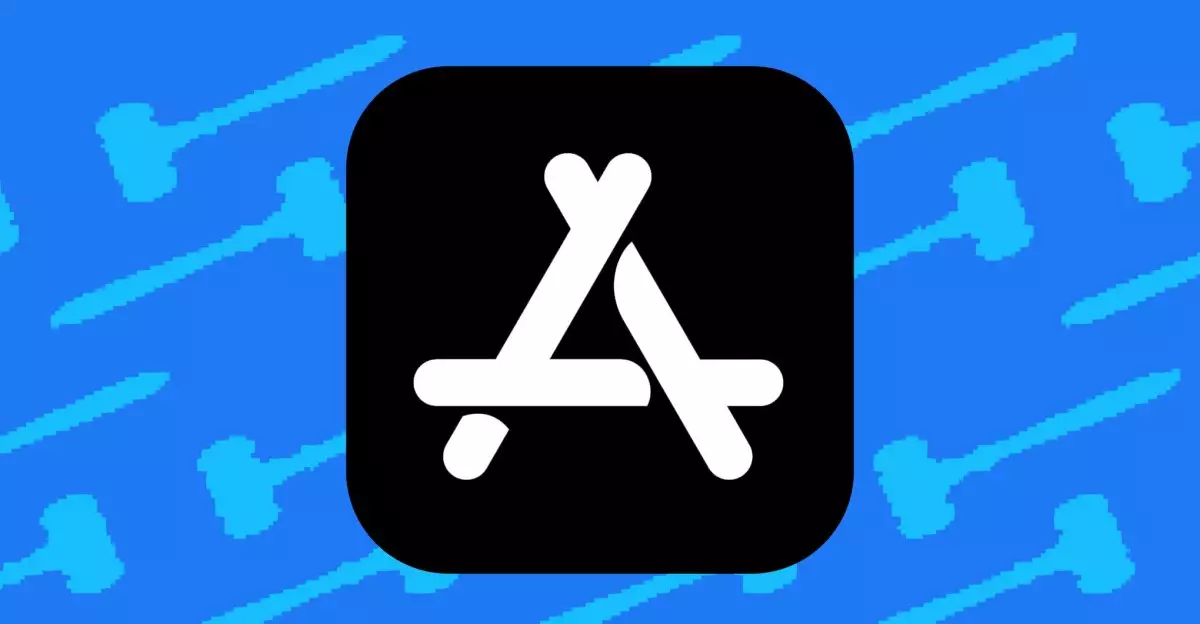In a landmark decision epitomizing the struggles between large tech firms and the rights of developers, an appeals court has emphatically rejected Apple’s effort to block a ruling that encourages the utilization of external links and payment options within its App Store. This decision, stemming from a protracted legal battle initiated by Epic Games in 2020, represents a significant turning point in the tech industry’s treatment of developers and their revenue streams.
This ruling follows a decisive order issued by a federal judge who underscored the necessity for Apple to adapt its restrictive policies. The court had mandated that Apple must not only allow developers to share web links but also enable them to provide external payment methods—thus ensuring that developers can transact without surrendering a portion of their revenues to the tech giant. By dismissing Apple’s request for a stay on the ruling, the appellate court has sent a strong message about the urgent need for a more equitable digital marketplace.
The Implications of the Decision
What makes this ruling particularly impactful is its potential to reverberate throughout the app ecosystem. With giants such as Spotify and Kindle quickly taking advantage of the court’s decision to communicate better pricing options directly to users, Apple’s once ironclad grip over in-app purchases is evidently loosening. This evolution could result in a more competitive landscape where consumers benefit from greater transparency regarding pricing.
Epic Games’ CEO, Tim Sweeney, highlighted that the in-app payment landscape is currently showing signs of upheaval, with a notable shift in user preferences—indicating that the once-dominant Apple payment system may now be facing viable competition. For developers, the ability to control revenue channels is not just a matter of financial survival; it is about having autonomy over their products and their users.
Public Interest and Developer Rights
The appellate court weighed several factors in its decision, including Apple’s claim of potential irreparable harm against the broader implications for the public and the rights of other parties involved. By siding with the developers, the court is emphatically recognizing the necessity of fostering a healthier ecosystem in which innovation can flourish without being crushed by monopolistic practices. This ruling underscores the growing acknowledgment of developer rights in a predominantly closed corporate environment.
While Apple remains forcefully opposed to the court’s judgment, insisting that it undermines its business model, there is an undeniable shift occurring. The tech landscape is moving towards inclusivity and fairness, prioritizing consumer welfare and developer empowerment over the unyielding control traditionally exerted by companies like Apple. The dissenting viewpoint within Apple’s ranks reveals an unwillingness to adapt, which may ultimately hinder its long-term standing in an increasingly competitive world.
This legal battle is far from over, but it undeniably sets a precedent. A movement toward greater freedom and revenue opportunities for developers is gaining momentum, marking an era that could redefine the way applications engage with their users and monetize their services. It’s a crucial step towards transparency and fairness in app marketplaces, indicating a broader shift away from monopolistic practices that have long characterized the tech industry.

